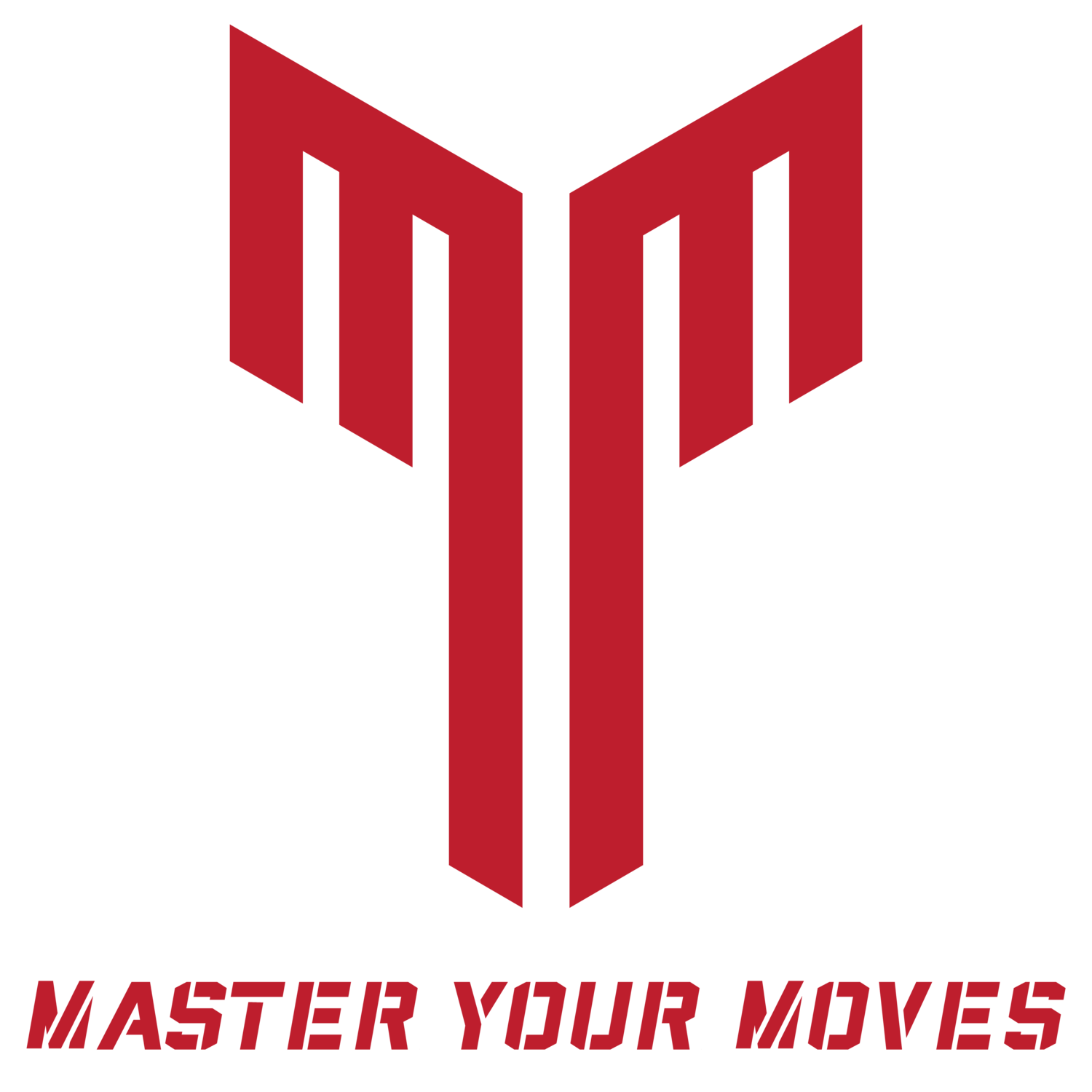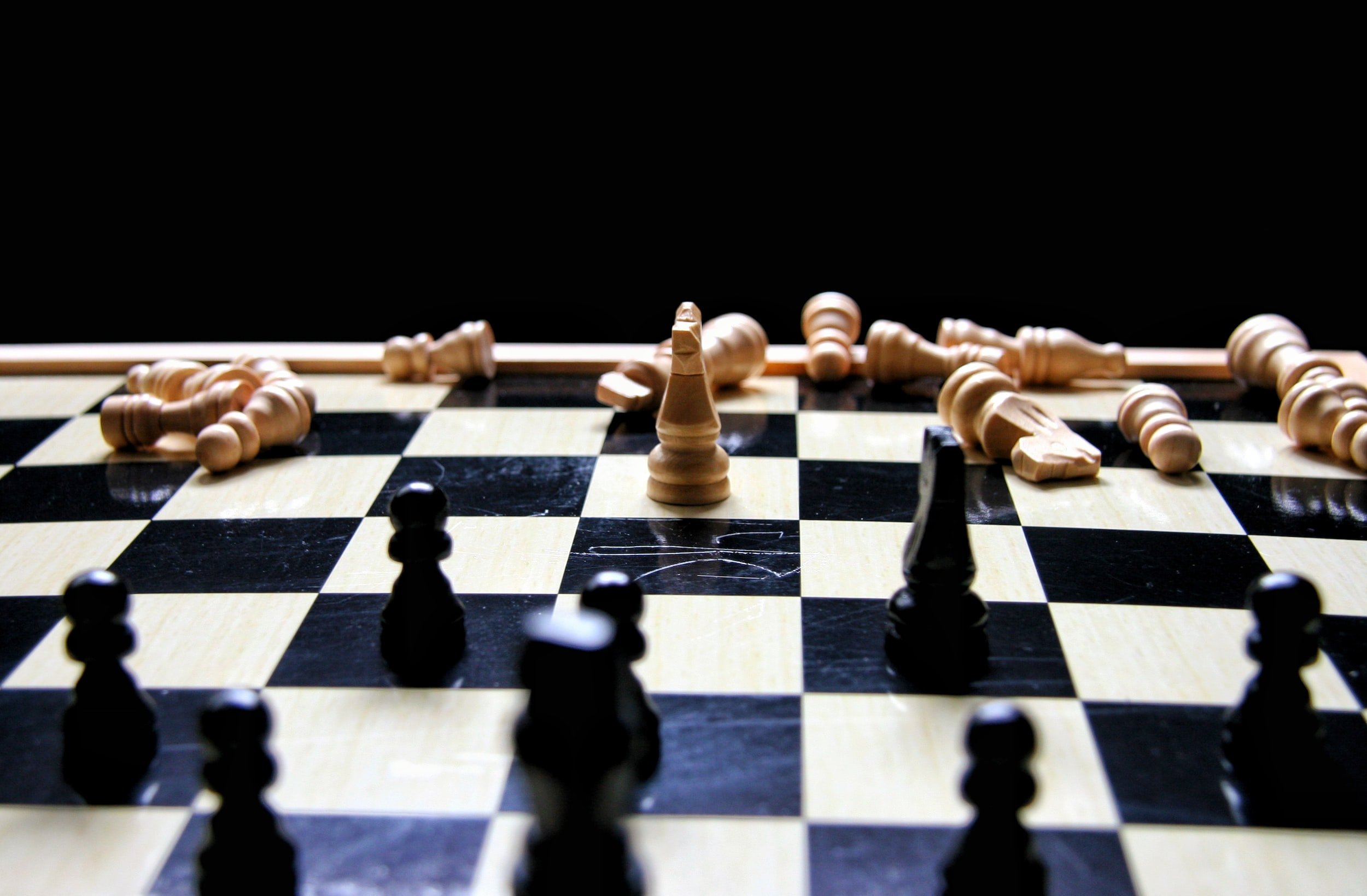Lose Like a Champion: 10 Sports Psychology Tips to Help You Master Your Moves After a Loss
Introduction to Sports Psychology for Martial Arts
As a martial artist, I know the importance of mastering one's moves. After all, it is the key to becoming a successful fighter. But what happens when you lose? How do you stay motivated and continue to improve? That's why sports psychology plays such an important role in the Master Your Moves (MYM) Method. Sports psychology is the study of the psychological aspects of sports and physical activity, and it can be used to help you not only become a better athlete, but also a more confident one.
Sports psychology can help you understand why you may have lost a match, and how to bounce back from it. It can also help you develop effective strategies to reach your goals, as well as identify your strengths and weaknesses. In this blog, I'm going to share with you some MYM Method tips you can do to bounce back from an “L” with confidence and determination.
What is the MYM Method?
The MYM Method is designed to help martial artists not only become better fighters but also become more mentally resilient. It takes research from neuroscience, sports psychology, and motor learning development and puts it in a system of actionable tips you can use to learn quicker, perform better, and achieve your goals. To learn more about it, click here.
10 Tips to Help You Deal with an “L” and Bounce Back
Let's take a look at 10 MYM Method tips to help you come back from a loss with a plan and renewed focus:
Tip #1: Accept the Loss
The first step after a loss is to accept it. It can be hard to come to terms with failure, but it's important to remember that losses are a part of the process. It's important to stay positive and remember that you can learn and grow from your losses.
Tip #2: Celebrate Your Successes
Even small wins are worth celebrating, so take some time to pause and savor your successes during the match. Maybe you took the fight at the last minute and surprised the naysayers with your performance despite not having enough time to train. That demonstrates untapped potential. Or maybe you were feeling fatigued from a cold you were recovering from but you still hung in there before getting tapped. That demonstrates toughness. Finding things to celebrate in your performance will help you stay motivated and focused on the future.
Tip #3: Keep a Record
As you proceed with analyzing your performance, seeking advice, and refocusing your goals, be sure to write it down, whether in a notebook, your iPhone, or your desktop. Taking a few minutes to jot things down will help your thought process and jog your memory. In addition, writing it down will help you revisit your thoughts to find patterns in your data or develop your future fight plan. Lastly, having a record of your experiences, thoughts, techniques, strategies, and goals can help you improve quickly.
Tip #4: Analyze Your Performance
Take some time to reflect on the match and identify areas for improvement. Write down the answers to these questions:
What was the game plan?
How much of the game plan worked?
What went wrong?
What could I have done differently?
What strategies did my opponent use that exposed my weaknesses?
What strategies did my opponent use that I could use in future matches?
Analyzing your performance will help you identify areas for improvement and develop strategies to become a better fighter.
Tip #5: Identify Your Strengths
Despite your loss, you still had some strengths going into the fight. What were they as you fought? Think about the things you did well and how you can build on them. You will fight again and your strengths will still be there. You just need to reinforce them by improving your weaknesses.
Tip #6: Reframe the Loss
Instead of dwelling on the negative, try to find something positive in the loss. This could be as simple as learning something new about yourself or your opponent. It is important to stay positive. It's easy to get down after a loss, but it's important to stay positive and remind yourself that you can learn and grow from the experience.
Tip #7: Refocus on your Goals
Take a step back and think about why you are training in the first place – it will help you to stay motivated in the face of the shame and disappointment that a loss brings. Refocusing on your goals will help you focus on the future. Instead of dwelling on your past loss, focus on the future with ambitious, realistic goals.
Tip #8: Connect with your Team
Talk to your coach, mentor, or training partners about what happened. They’ve been there before and sharing experiences can be helpful. They can also help you move forward with your plans. They may be either fully supportive of them or offer some pushback on them. Either way, the feedback is useful but at the end of the day, the call is yours to make.
Tip #9: Take Action
Once you have reframed the loss, reviewed your notes, identified areas for improvement, and set realistic goals, it's time to take action. Here are some suggestions:
Aim to improve your fitness, attributes, technique retention, strategies, and mental conditioning.
Figure out what actionable steps you can take to reach your goals and put them on a calendar.
Get insights from your team, books you read, and videos you watch to put into practice.
Use a system like the MYM Method for tips and techniques to learn and perform better too.
Get supplemental training with a specialist in an area you want to focus on or improve.
Tip #10: Visualize Success
Remember why you train and fight. Even if it’s just for fun. Picture yourself as a champion performing your techniques and use that vision as motivation to move forward. You can even listen to visualization or guided imagery videos to hone your winner’s mindset. So, keep your eyes on the prize and see yourself doing the winning moves that will get it!
Conclusion
Losing is never easy, but it can be a great learning experience if you take the time to analyze your performance, develop strategies, and improve yourself to become a better fighter. The MYM Method and the MYM Notebook can help you stay motivated and regain your focus after a loss. Use the tips in this blog to help you stay positive and take action to reach your goals. And don't forget to use the Master Your Moves Method tips in your next martial arts class!
MYM JIMI Notebook: A Tool for Achieving Goals
One way to stay focused on what you can control is to use a “Master Your Moves” (MYM) Notebook. This is a tool that can help you stay on track and reach your goals faster. The MYM Notebook is designed to help warrior-athletes like you record their techniques and drills, track their progress, set their goals, and stay motivated. It's a great tool for combat athletes of all levels, from beginners to professional fighters.
The MYM Notebook has a variety of features designed to help warrior athletes stay focused and reach their goals faster. It includes:
Ruled and Blank Pages for you to:
write or draw your techniques, drills, insights, and more in long-hand or shorthand
set and track your goals
measure and track your progress
record your goals and mantras/affirmations to keep you motivated
An index and 2 bookmarks to help you find your information quickly
A resource section to put your training schedules, events calendar, and more
In addition to helping you focus on what you can control, the MYM Notebook can also help you stay organized and motivated. With the MYM Notebook, you can easily track your progress and stay motivated to reach your goals faster.
Buy the MYM Notebook today and unlock your potential!
And don’t forget to subscribe to the MYM newsletter to get the latest MYM Method tips and tricks too!
*******
These tips are part of the Master Your Moves (MYM) Method, a system of learning based on neuroscience, sports psychology, and practical experience to help you be the best performer in martial arts. Designed for beginners and applicable to all martial arts from Boxing, Brazilian Jiu Jitsu, Judo, Muay Thai, MMA, Karate, Taekwondo, Jeet Kune Do, Wrestling, and more! To learn more about the MYM Method, go here. To get the latest news and updates on MYM content, products, and events, subscribe here. Get these useful tips and spread the word.
Follow / Like / Subscribe: Twitter * Instagram * Facebook * YouTube * Reddit
Until next time, Make Moves or Meditate ~ Danny Indio M.B. 🥷🏽✌🏽

